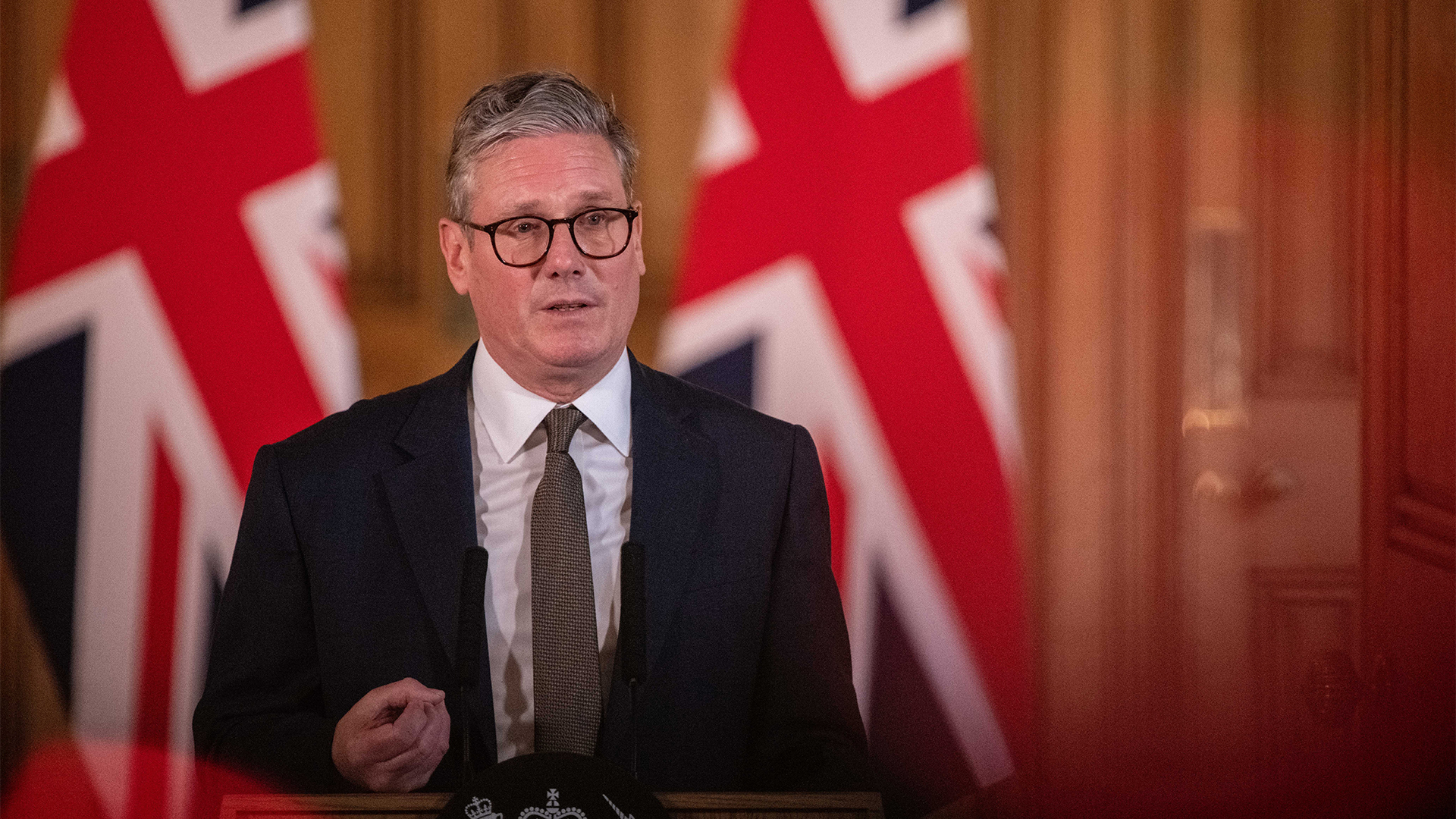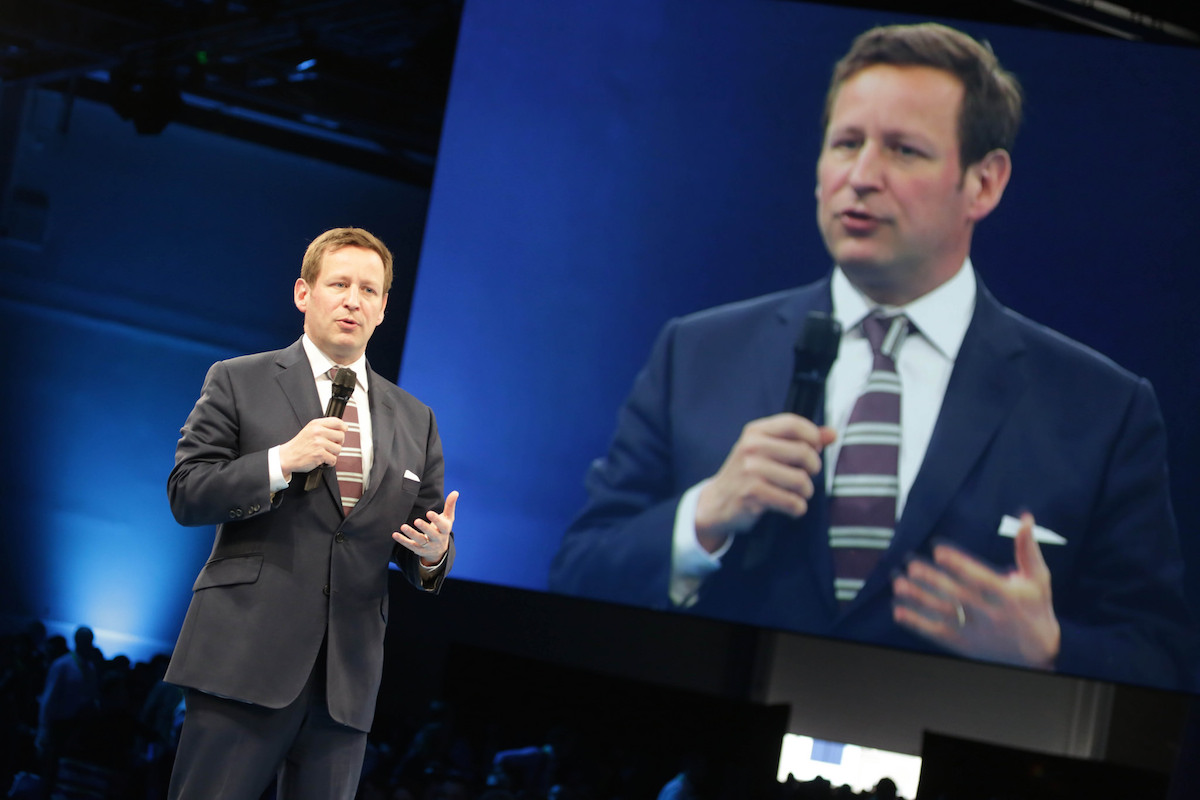The spending cuts: An overview
The spending cuts have finally been announced and, despite some doom and gloom, the IT sector has come out in comparatively good shape.


The biggest UK spending cuts in decades were announced by Chancellor of the Exchequer George Osborne today.
There is no doubt the Government has pledged some serious slashing, with 6 billion of savings to be achieved in Whitehall alone, up from the previously planned 3 billion.
"Today is the day when Britain steps back from the brink," Osborne said, defiantly claiming Britain will not return to "the brink of bankruptcy."
The response has been mixed, with some economists saying if the coalition can stick to the plans outlined today then the deficit is likely to come down adequately enough.
Others have bemoaned the job cuts, which are expected to total around a million from both public and private sector once the announcements kick in, while some have labelled the plans as a huge gamble.
Across the board, the cuts confirmed the UK is in for a tough four years, but what will the specific impact be on IT and the technology sector at large?
Well, the industry appears to have come out relatively positively.
Get the ITPro daily newsletter
Sign up today and you will receive a free copy of our Future Focus 2025 report - the leading guidance on AI, cybersecurity and other IT challenges as per 700+ senior executives
Firstly there was the pledge to provide a 900 million boost to help tackle fraud and tax evasion by harnessing the power of technology and better IT partnerships.
Not only should this bring jobs, it is likely private firms will do well from it. Indeed, public workers who lose their jobs in the coming months and years could easily be snapped up by private organisations.
Meanwhile, the BBC has agreed to help partly fund the Government's 530 million broadband push to help next-generation services reach rural parts of the UK.
Questions remain, however, over whether the broadband plans and the proposed joint efforts from public and private bodies will work.
The science budget has also been frozen in cash terms at 4.6 billion a year, although in real terms the story is a little less encouraging.
Of course, it will not be an easy ride, but despite the overriding doom and gloom, the cuts were comparatively not so disastrous for the IT sector and there is room for optimism.
For our full roundup of spending cuts news, comment, analysis and blogs, head here.
Tom Brewster is currently an associate editor at Forbes and an award-winning journalist who covers cyber security, surveillance, and privacy. Starting his career at ITPro as a staff writer and working up to a senior staff writer role, Tom has been covering the tech industry for more than ten years and is considered one of the leading journalists in his specialism.
He is a proud alum of the University of Sheffield where he secured an undergraduate degree in English Literature before undertaking a certification from General Assembly in web development.
-
 Should AI PCs be part of your next hardware refresh?
Should AI PCs be part of your next hardware refresh?AI PCs are fast becoming a business staple and a surefire way to future-proof your business
By Bobby Hellard Published
-
 Westcon-Comstor and Vectra AI launch brace of new channel initiatives
Westcon-Comstor and Vectra AI launch brace of new channel initiativesNews Westcon-Comstor and Vectra AI have announced the launch of two new channel growth initiatives focused on the managed security service provider (MSSP) space and AWS Marketplace.
By Daniel Todd Published
-
 UK regions invited to apply for ‘AI Growth Zone’ status
UK regions invited to apply for ‘AI Growth Zone’ statusNews The UK government has opened up bidding for regions hoping to secure 'AI growth zone' status.
By Emma Woollacott Published
-
 “Botched government procurement” leads to £24 million Atos settlement
“Botched government procurement” leads to £24 million Atos settlementNews Labour has accused the Conservative government of using taxpayers’ money to pay for their own mistakes
By Zach Marzouk Published
-
 UK government to run Starlink trials in Snowdonia, Lake District
UK government to run Starlink trials in Snowdonia, Lake DistrictNews The government has indicated low-Earth orbit satellites could be key to expanding connectivity to UK businesses
By Rory Bathgate Published
-
 Government holds talks with data centre operators over energy blackout threat
Government holds talks with data centre operators over energy blackout threatNews One data centre operator has been preparing to switch over to diesel power in the event of a national blackout
By Zach Marzouk Published
-
 HPE inks $2 billion high-performance computing deal with the NSA
HPE inks $2 billion high-performance computing deal with the NSANews HPE will provide scalable on-premises computing to the NSA using Greenlake
By Danny Bradbury Published
-
 Broadband not meeting UK consumer expectations
Broadband not meeting UK consumer expectationsNews Survey finds many unhappy with broadband in the UK
By Ingrid Fadelli Published
-
 Are we really better off as part of the EU?
Are we really better off as part of the EU?News Ed Vaizey certainly thinks you are if you’re a start up or innovator…
By Maggie Holland Published
-
 Government says everyone now has 2Mbps internet access
Government says everyone now has 2Mbps internet accessNews Department for Culture, Media and Sport has introduced satellite grants for those in low-speed areas
By Clare Hopping Published